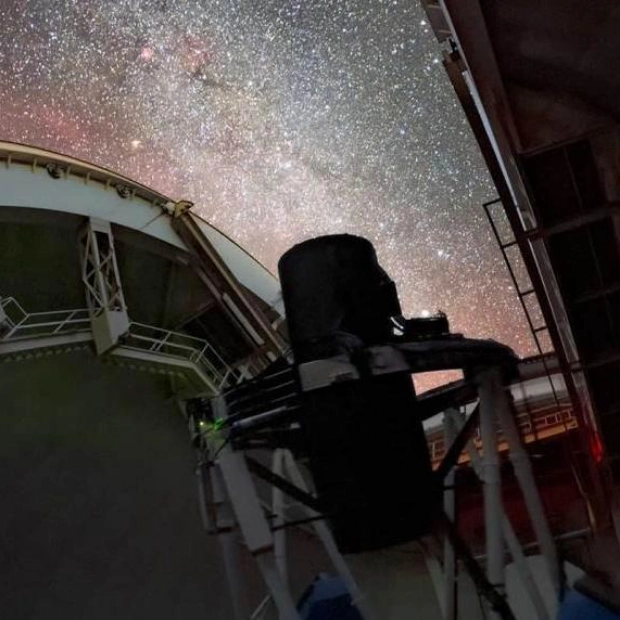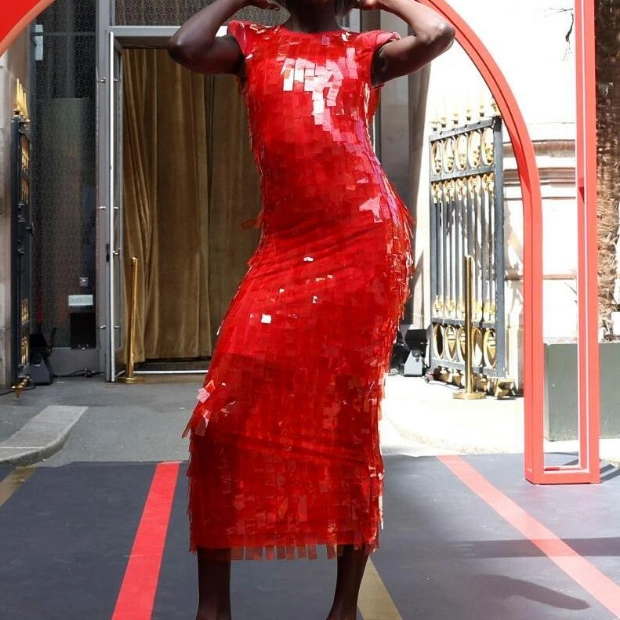Moeapulu Frances Tagaloa endured repeated abuse from the age of five to seven by a well-regarded Catholic brother who taught at a school adjacent to the Catholic primary she attended in Auckland, New Zealand. "He was a popular, well-known teacher but he was also a paedophile and unfortunately there were other little girls that he abused," Tagaloa recounted, noting that her abuse occurred in the 1970s. She did not recall the abuse until adulthood, when flashbacks began to plague her. "It was very traumatic experiencing that trauma and I had to work through that," she explained. Tagaloa was among the over 2,300 survivors who testified to a New Zealand inquiry, or royal commission, into abuse in state and church care between 1950 and 2019. The over 3,000-page report from the inquiry, one of the longest and most extensive in the country’s history, was presented in parliament on Wednesday and contained 138 recommendations, including calls for public apologies from the New Zealand government and the leaders of the Catholic and Anglican churches. "I think if this government really cares about our vulnerable, and our children, they'll put all the recommendations in place. And I really would like to see churches support all the recommendations," Tagaloa stated. The inquiry detailed accounts from survivors who endured abuse and torture including rape, sterilisation, and electric shocks in state and faith-based care. The report found that those from the Indigenous Maori community were particularly vulnerable to abuse, as well as those with mental or physical disabilities. Anna Thompson, a survivor, described how she was physically and verbally abused at a faith-based orphanage. "At night, the nuns would strip my clothes off, tie me to the bed face-down, and thrash me with a belt with the buckle. It cut into my skin until I bled and I couldn’t sit down afterwards for weeks," Thompson recounted in her testimony published in the report. Jesse Kett spoke of how he was beaten and raped by staff in a residential school in Auckland when he was eight years old. "Sometimes my abuser would be alone, but sometimes other staff members would watch," he said in his testimony to the inquiry. Several testimonies highlighted the lasting impact of the abuse—many suffered from Post-Traumatic Stress Disorder, depression, anxiety, and turned to substance abuse and violence. Several of them spoke of repeatedly attempting suicide. "Just the trauma of the memories of abuse they live with you all the time and you can get by the simplest of things every day," Tagaloa said, who is now working to help other survivors. Tagaloa noted that the establishment of the inquiry was a chance for her to tell her story. She has also been involved in a survivor advisory role with the inquiry and now with the Survivor Experiences Service, which was set up to allow survivors to share their experiences. The report recommended a transformation in the care given to children in schools, the care of the vulnerable and those with disabilities, and Maori and Pasifika. "I just think it’s a pathway for survivors to be able to get redress and it’s a pathway that will protect our children and our vulnerable for the future," she concluded.

Text: Lara Palmer
24.07.2024
A comprehensive inquiry reveals harrowing accounts of abuse and calls for systemic changes in care.





